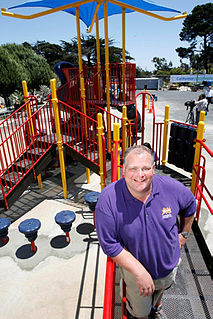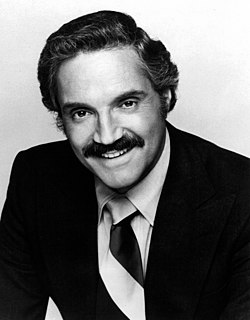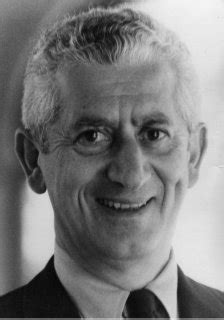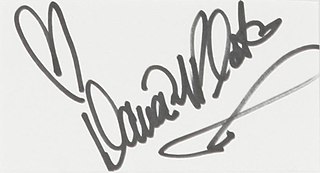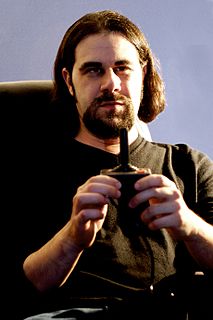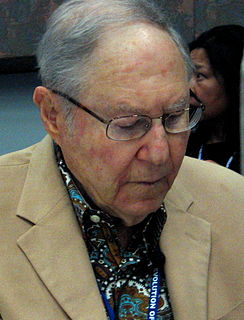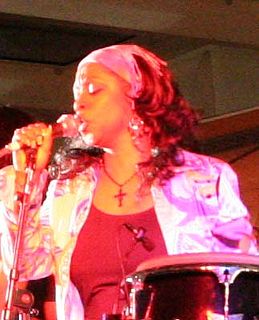A Quote by Darell Hammond
Our education system is increasingly embracing a black-and-white way of thinking, in which 'learning' and 'play' are diametrically opposed. 'Learning' is the serious stuff that happens inside a classroom and can be measured via multiple choice questions and a No. 2 pencil. 'Play' is frivolous, fun, and worst of all, optional.
Related Quotes
The way I see it, thinking about the position of the club during the swing is about the worst way to play golf. It makes you tight and defensive, which kills your natural speed and rhythm. Although there's obvious value to minding your technique, at best you'll play an OK round. Where's the fun in that?
If you try to impose a rigid discipline while teaching a child or a chimp you are working against the boundless curiosity and need for relaxed play that make learning possible in the first place... learning cannot be controlled; it is out of control by design. Learning emerges spontaneously, it proceeds in an individualistic and unpredictable way, and it achieves its goal in its own good time. Once triggered, learning will not stop--unless it is hijacked by conditioning.
We have multiple Black men and women losing their lives simply for being. Who gets to say you don't get to live anymore? I don't understand that. And it doesn't stop there. Can we go into the school system and look at the imbalance of what our children are learning? We are functioning crazy, people.
Service-learning is a particularly fertile way of involving young people in community service, because it ties helping others to what they are learning in the classroom. It enables them to apply academic disciplines to practical, everyday problems. In the process, it provides a compelling answer to the adolescent's perennial question, 'Why do I need to learn this stuff?
